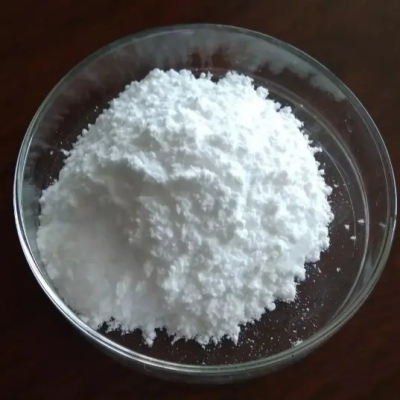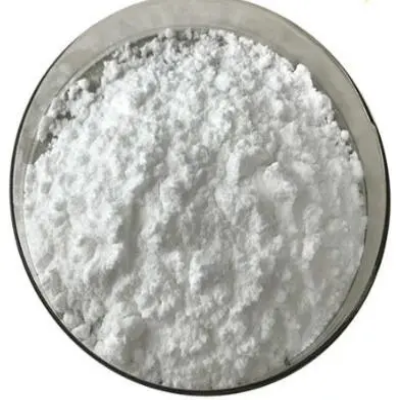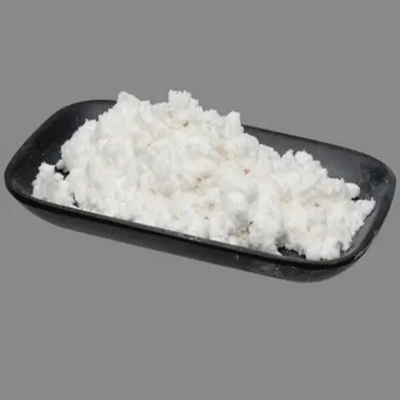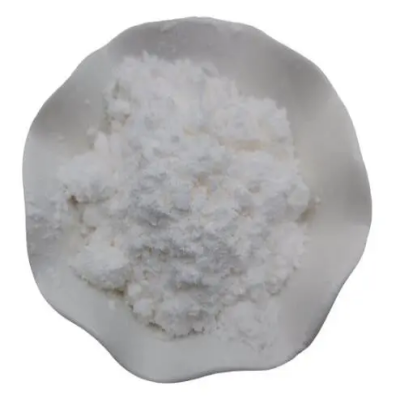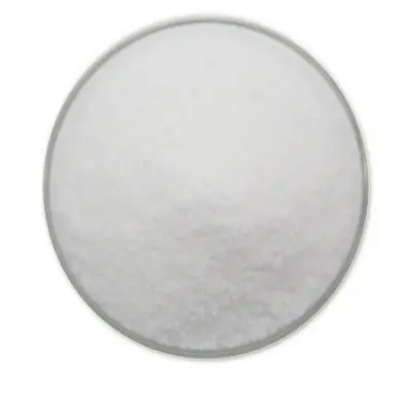Ristocetin A Sulfate CAS:11140-99-1
Ristocetin A Sulfate is primarily employed in clinical hematology laboratories for testing platelet function and assessing von Willebrand disease, a common inherited bleeding disorder. By inducing platelet agglutination through its interaction with von Willebrand factor, ristocetin A sulfate helps differentiate between different subtypes of von Willebrand disease based on the response of patient platelets to the compound. In addition to diagnostic purposes, ristocetin A sulfate is utilized in research studies focusing on platelet biology, coagulation pathways, and thrombotic disorders. Its ability to mimic the physiological process of platelet aggregation under controlled conditions makes it a valuable tool for investigating platelet adhesion and aggregation mechanisms. Healthcare professionals may also use ristocetin A sulfate in specialized tests to evaluate platelet function in patients with suspected platelet disorders or abnormal bleeding tendencies. Understanding how platelets respond to ristocetin A sulfate can provide insights into underlying mechanisms of platelet dysfunction and guide appropriate treatment strategies for individuals at risk of bleeding complications. Overall, ristocetin A sulfate plays a critical role in laboratory diagnostics and research related to platelet function and von Willebrand disease, contributing to the accurate diagnosis and management of bleeding disorders affecting hemostasis and coagulation pathways.



| Composition | C95H112N8O48S |
| Assay | 99% |
| Appearance | white powder |
| CAS No. | 11140-99-1 |
| Packing | Small and bulk |
| Shelf Life | 2 years |
| Storage | Store in cool and dry area |
| Certification | ISO. |


